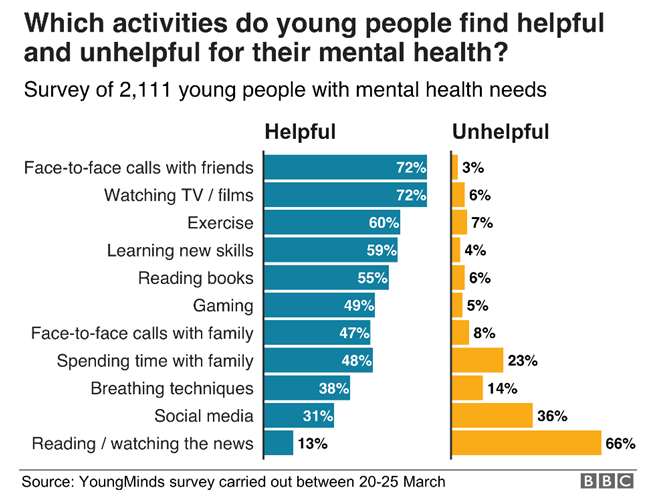Emotional Health and Wellbeing
What is Emotional Health and Wellbeing?
Emotional health and Wellbeing, often called mental wellbeing, refers to how you are feeling and how well you cope with day-to-day life and all its ups and downs.
Our emotional health and wellbeing is dynamic, and can change from day to day, month to month or year to year. When we are feeling emotionally strong we feel confident in ourselves and we are able to:
- build positive and strong relationships which last
- feel and express a range of emotions without feeling overwhelmed
- live, work and study productively
- feel engaged with our environment, people and the world around us
- cope with the stresses of daily life or in times of change or uncertainty
Why is it important?
It is widely accepted that a child or young person’s emotional health and wellbeing strongly influences their physical and social health, their development and learning and their mental wellbeing into adulthood.
We all have times when our emotional health is poor, when we feel stressed, upset or find it difficult to cope. Different stresses affect people in different ways but common events which can harm your emotional health and wellbeing include:
- issues at school, college or work
- suffering loss or bereavement
- loneliness
- bullying
- traumatic events
- relationship or family problems
- health concerns
Vulnerability
Some young people are more vulnerable than others to experiencing poor emotional health. Some of the reasons for this might be related to things which happened in the past and others might be related to things happening now. These issues can include:
- childhood abuse or neglect
- witnessing or experiencing violence
- parental issues, such as alcohol or drug abuse
- experiencing discrimination, bullying or being isolated
- being homeless
- suffering poor health
- being a young carer
- money worries
Impact of Coronavirus
The coronavirus crisis is undoubtedly having a huge impact on young people with or without existing mental health conditions. The loss of routine, being in lockdown, being away from wider family and friends, school closures and exam cancellations are all factors, as well as health concerns.
In a recent YoungMinds survey of over 2,000 young people the following activities were identified as being helpful and unhelpful for their mental health and wellbeing:
image courtesy BBC
Whatever the cause or vulnerabilities all children and young people deserve to feel good about themselves and positive about their life.
There are some quite simple steps all young people can take to improve their own emotional health and wellbeing.
1. Be Active
It is good for all of us to keep active, get plenty of exercise, plenty of sleep and to eat well. Exercise lifts your mood and is good for missing with people socially.
2. Be Creative and Play
Regardless of how old we are it is good for us to take part in different activities. Meeting others with a shared interest increases your confidence and builds your support network. It also helps stopping us dwell on negative thoughts or situations. And, having fun always feels good.
3. Be Mindful
Being aware of our feelings and how we are is very important – this helps us spot when things aren’t going so well. Opening up to a trusted friend or family member can help you to feel listened to and supported. Just acknowledging your feelings by saying them out loud can help. Whether it’s taking a long walk, playing an instrument or going to the cinema, it’s positive for your wellbeing to do something that makes you feel good
4. Connect with People
Keeping regular contact with friends and family, whether it’s face-to-face, on the phone or by text, can strengthen your relationships. Opening up to a trusted friend or family member can help you to feel listened to and supported. Just acknowledging your feelings by saying them out loud can help.
5. Give to Others
Giving your time to those that need it can be extremely fulfilling and can help you to look at things from a different perspective.
6. Keep Learning
Learning new skills can help boost your confidence and give you a sense of achievement. You could learn a new language, sign up for an art class or try a new recipe. It doesn’t have to be something big.
7. Take Notice
Taking notice means being present in the moment, being aware of the world around us and what we are doing and being aware of our thoughts and feelings as they arise, without getting lost in them. It is important for all of us to sometimes take a moment for ourselves in our busy and complicated lives.
If you require support with your mental health the NHS has a local 24 hour helpline: 0300 303 3972
More information is here.

